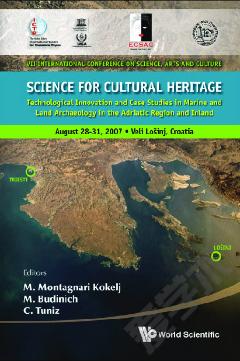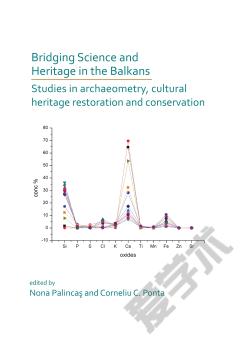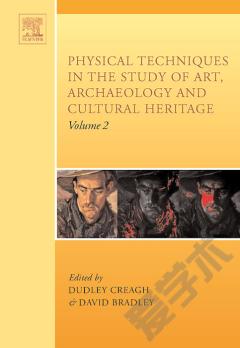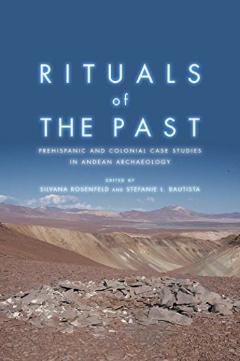Science For Cultural Heritage: Technological Innovation And Case Studies In Marine And Land Archaeology In The Adriatic Region And Inland
The aim of the conference was to discuss the contribution of physics and other sciences in archaeological research and in the preservation of cultural heritage. Considering that the mission of ECSAC is to promote the interaction among the diverse cultures of the peoples from the lands on the Adriatic and Ionian seas, it is apt that the major themes were related to the rich history and pre-history of this region — from Greek-Roman archaeology on the eastern Adriatic coasts to the palaeoanthropology of the Neanderthals of the Vindija caves in Croatia, from the Roman city of Aquileia to the pleistocenic cave of Homo heidelbergensis in the Karst of Visogliano (Trieste), from the Roman ship Julia Felix of the Grado lagoon to the ancient bronze Apoxyomenos of the Veli Lošinj waters.A variety of scientific disciplines provide tools and methods that are crucial in reconstructing humanity's past and in preserving material remains that witness the evolution of human culture. Geology reconstructs the history of terrestrial environments, critical for the evolution and dispersal of humans. Chemistry explains reactions that modify materials left by human activities, including the destructive effects of pollution. Biology has a critical role in archaeology, particularly with the recent advance in analysis of DNA in ancient organic materials.
{{comment.content}}








 京公网安备 11010802027623号
京公网安备 11010802027623号